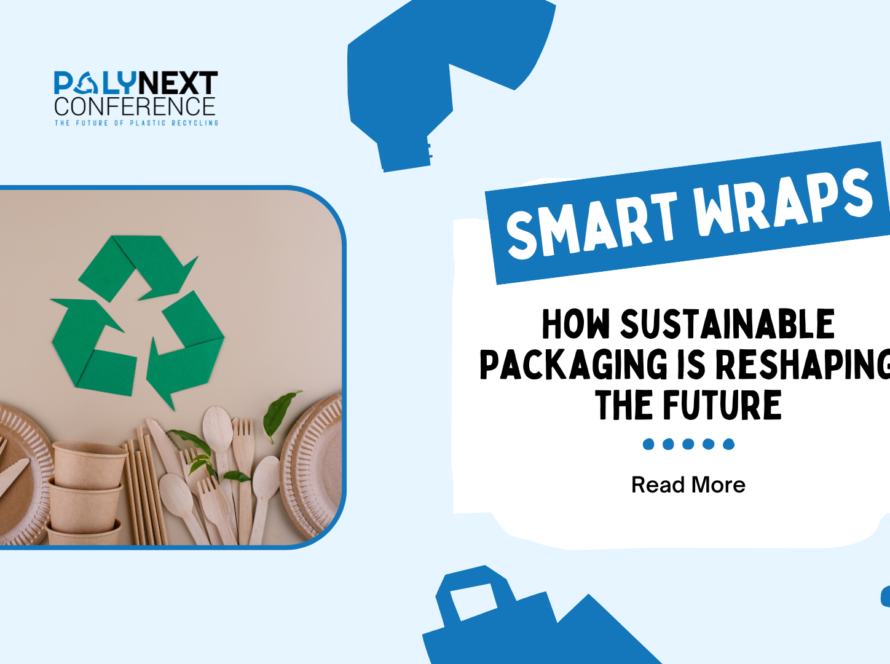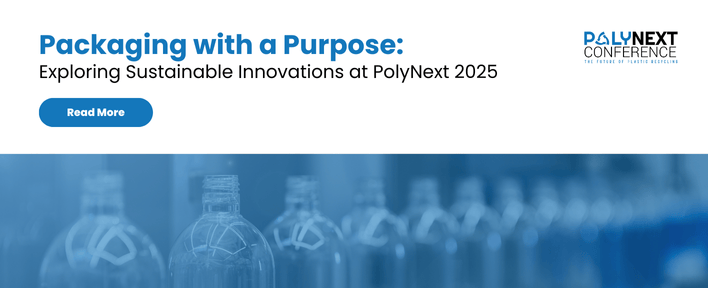Introduction
Plastic packaging is everywhere—from snack wrappers and detergent pouches to frozen food bags and cosmetic tubes. These lightweight, multi-layered materials offer durability and convenience, but they come with a major downside: they’re nearly impossible to recycle. Most flexible packaging combines different plastics (like PET, PE, foil, or nylon), which cannot be processed together by conventional recycling systems.
As a result, flexible plastic waste makes up a large portion of what ends up in landfills or incinerators. Despite representing a small share of total packaging by weight, these materials have an outsized environmental impact.
In response, companies like Dow are leading a new wave of innovation focused on recyclable mono-material packaging. Their latest solution—INNATE™ TF‑220 resin—offers a promising path toward circular packaging that performs just as well as its non-recyclable predecessors. Events like PolyNext 2025 in Dubai are amplifying such breakthroughs, bringing together the global plastics community to rethink and redesign the future of packaging.
The Innovation: Dow’s INNATE™ TF-220 Resin
To tackle this, Dow, a global materials science leader, has launched INNATE™ TF-220, a game-changing polyethylene-based resin designed for biaxially oriented polyethylene (BOPE) films. These films are engineered to deliver the same toughness, clarity, and barrier properties as multi-material films—but using a single recyclable material.
• Mono-material, recyclable design: reduces sorting complexity
• Enables high-speed processing: compatible with existing machinery
• Maintains shelf-life and durability: matches traditional packaging performance
The innovation makes it possible to replace multi-material laminates with recyclable mono-PE films—without compromising on performance.
From Lab to Market: A Collaboration with Liby
In a practical rollout, Dow partnered with Liby, a leading home care brand in China, to launch a fully recyclable laundry detergent pouch made with INNATE™ TF-220 and containing 10% post-consumer recycled (PCR) content. This marks a first-of-its-kind effort in China, a country grappling with high levels of flexible packaging waste.
This commercial application demonstrates that circular packaging can be viable, scalable, and competitive in emerging markets.
Why It Matters: Aligning with the Circular Economy
The shift from linear to circular packaging is a priority in global sustainability goals. Most packaging today follows a “make–use–dispose” model. To fix this, companies and governments are pushing for recyclable designs, extended producer responsibility (EPR), and recycled content mandates.
Dow’s INNATE™ TF-220 directly supports:
Design for recyclability
Use of PCR content
Compatibility with existing PE recycling streams
It’s a technical leap with real-world relevance—especially as regulators and consumers demand packaging with a lower carbon and plastic footprint.
A New Standard for FMCG & Retail
Dow’s innovation could soon set a new benchmark for FMCG giants and retailers looking to meet their sustainability commitments. By enabling fully recyclable, flexible packaging solutions that can scale across industries, INNATE™ TF-220 helps brands:
Lower their environmental impact
Increase packaging circularity
Meet recycling mandates without reengineering production lines
From laundry detergent pouches in China to snack packs in Europe, the shift is coming—and it’s already underway.
Conclusion: Small Films, Big Future
Plastic pollution can’t be solved with bans alone. What we need are high-impact design changes, industry collaboration, and market-ready technologies—like INNATE™ TF-220. As more brands adopt recyclable mono-materials and build infrastructure for collection and processing, flexible plastic no longer has to mean throwaway waste.
The future of packaging is flexible and circular—and Dow is helping to make it happen.
PolyNext 2025: A Platform for Circular Innovation
PolyNext is an upcoming event scheduled for October 1–2, 2025, in Dubai, dedicated to exploring the future of plastics through the lens of sustainability and circular design. The event will bring together industry leaders, researchers, and innovators to share solutions that reduce plastic waste, promote the use of recyclable materials, and support the transition to a circular economy. With a strong emphasis on mono-material packaging, advanced recycling technologies, and responsible production, PolyNext aims to inspire practical change across industries.

